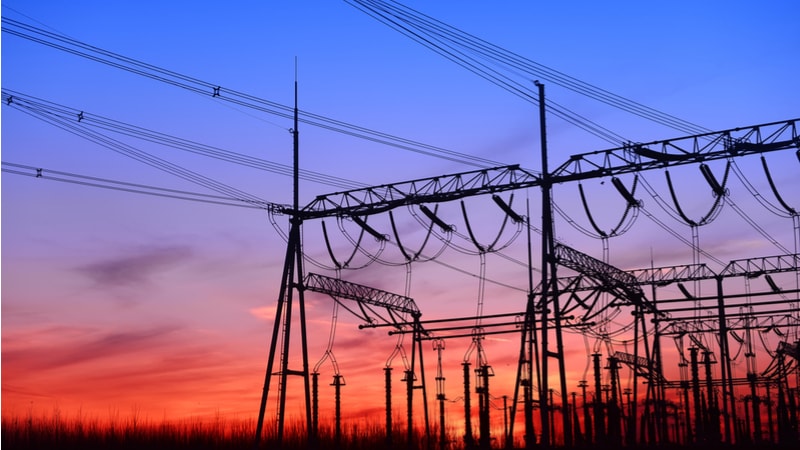
Members of the House and Senate are giving the bipartisan Securing Energy Infrastructure Act another go in the current Congress, after passing the bill in the Senate in December 2018 but failing to get the bill through the House before the 115th Congress ended.
Sens. Angus King, I-Maine, and Jim Risch, R-Idaho, introduced the 2019 edition of the bill on Thursday, and in a press release noted that Reps. Dutch Ruppersberger, D-Md., and John Carter, R-Texas, plan to introduce a companion bill in the House.
The bill would allocate $10 million to the Department of Energy to establish a pilot program between the DoE National Laboratories and private sector partners in the energy sector to look at nondigital control systems and how to protect them against cyberattacks.
The bill would also establish a working group “to develop a national cyber-informed engineering strategy to isolate and defend covered entities from security vulnerabilities and exploits in the most critical systems.” The working group would be required to have members from DoE, the Department of Homeland Security, the Nuclear Regulatory Commission, the intelligence community, and the Department of Defense, among other entities. The working group would also report on the results of the pilot program, and the feasibility on implementing methods into critical infrastructure.
“The increasing complexity of our digital systems has resulted in significant weaknesses and vulnerabilities that need to be addressed,” said Sen. Risch. “The Idaho National Lab has the unique assets and expertise needed to drive the innovations to better protect our county from cyberattacks and we are fortunate to have their leadership on this critical issue.”
“Securing our energy infrastructure is not an abstract policy idea, it is an immediate need to protect our grid from the real threat of malign actors,” said King. “So far, the federal government has not matched this serious threat with the necessary action. Our bipartisan bill has broad support, as evidenced by its passage in the Senate last December, and I hope the new Congress will take swift action on it, so we can proactively protect our country’s critical infrastructure from cyberattacks.”
